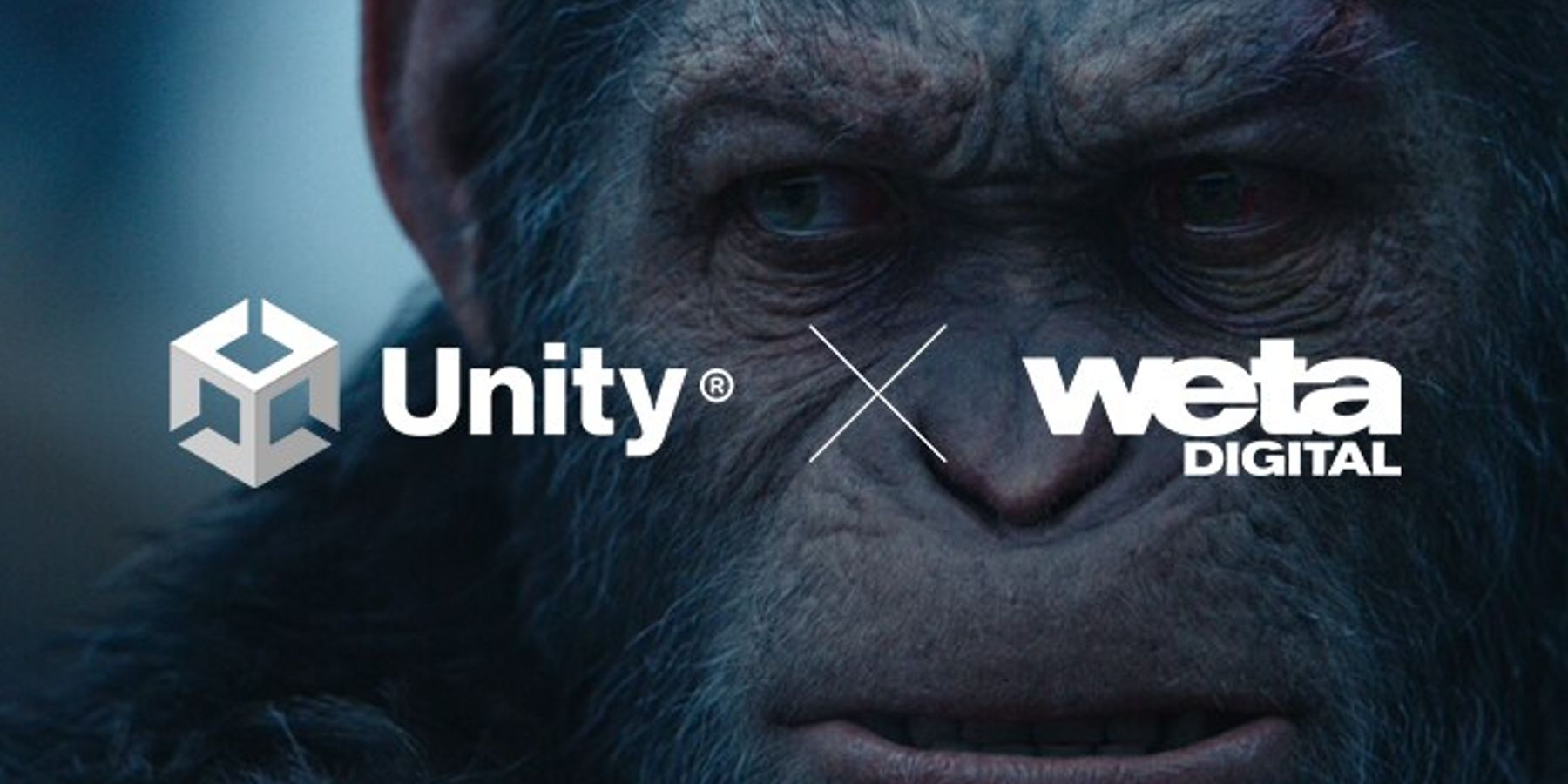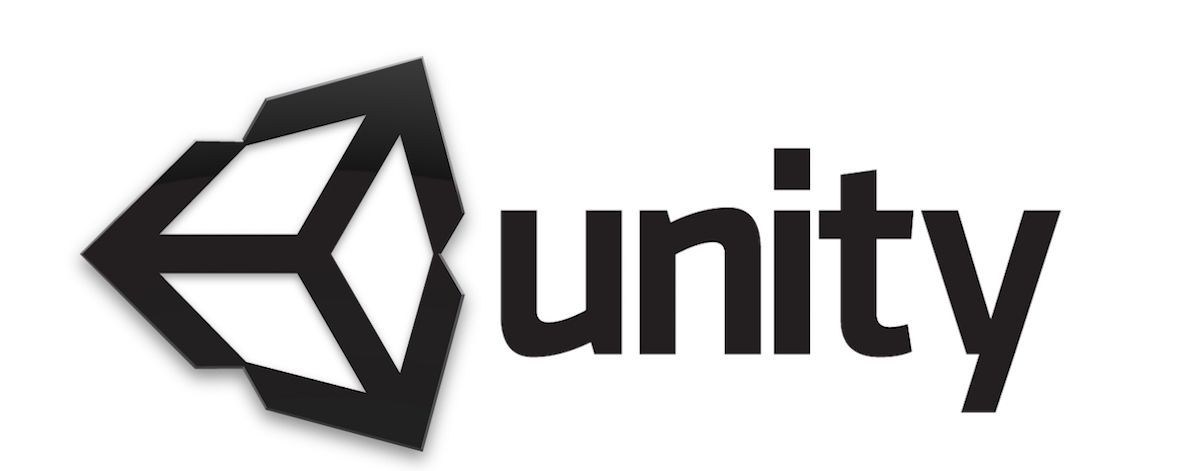As technology advances, many big-budget AAA video games have moved in the direction of becoming cinematic experiences. Naughty Dog's line-up of modern franchises is generally a poster child for this, with titles such as Uncharted 4 described more like interactive movies than traditional games. Technology used in game development has also come around to affect other aspects of the entertainment industry, and Unity announcing its acquisition of Weta Digital is seemingly the pinnacle of this converging momentum.
Weta Digital is a visual effects studio based out of New Zealand that was spearheaded by Peter Jackson in 1993 to assist with the Lord of the Rings trilogy. Since then it has worked on countless films, television shows, and more, with recognitions by the Academy Awards, Visual Effects Society, Annie Awards, and BAFTA. In its announcement post today, Unity points to the tools created by Weta Digital helping with such projects as Avatar, Game of Thrones, and The Suicide Squad, and it makes sense for the engine to want those tools to help both established and independent developers going forward - even for a reported $1.625 billion USD, according to Variety.
What Unity is Getting Out of Its Weta Digital Acquisition
Unity's announcement post says its "definitive agreement" to acquire Weta Digital includes its artist tools, core pipeline, intellectual property, and engineering talent. Among the 16 tools it lists as a "glimpse" at what is "allowing groups of artists to collaborate in the pursuit of their vision" are the physics-simulation tool Loki, path-tracing renderer tool Manuka, procedural vegetation and biome simulation tool Totara, and more digging deep into various aspects of visual effects and production.
Beyond that, Unity says an "exciting" part of the acquisition is Weta's asset library with pre-existing environments, plants and animals, textures, and more. Unity also says it hopes to make these tools accessible through the cloud so artists can integrate them into whatever workflows they already use.
One of the biggest ideas posited is that applying the talent and tools from Weta into Unity may help it "unlock the full potential of the metaverse." Following Facebook's decision to rename itself Meta as a reflection of its push toward wholly digital collaborative spaces as a "metaverse," it makes sense Unity would want a piece of that pie. Today's post stipulates that Unity, as well as tools like Maya and Houdini, all need easily accessible tools in order to create "rich, interactive, compelling, 3D content" for not only games and movies, but also other interactive spaces.
What Unity's Acquisition Could Mean for Game Development
Video game engines are already largely powerful and accessible enough that they've been used across other mediums. For example, Disney's The Mandalorian famously used Unreal Engine among other visual effects tools to create environments that would be displayed for actors on-set via huge LED screens. Previsualization like this potentially circumvents some issues with production after filming ends, and offers a more immersive environment for performers as opposed to chatting with tennis balls in front of a green screen.
Unity in particular is an engine that dates back to 2005, and in that time it has set the groundwork for countless games. From AAA powerhouses like Hearthstone to indie darlings like Hollow Knight, Unity can be spotted all over the industry. Recent leaks even suggest ILCA's Pokemon Brilliant Diamond and Shining Pearl, remakes of beloved games under Nintendo's umbrella, were created using Unity rather than the engine for Sword and Shield.
It's not hard to see where any number of these games would benefit from the kind of rendering and content generation tools created by Weta Digital. The company has had a hand in creating photorealistic visual effects for films as huge as Avengers: Infinity War, and it has revolutionized technologies used on award-winning characters like Caesar in the modern Planet of the Apes films - both for motion capture and simulating fur effects, among other details. Not only would making these tools open with one of the biggest development engines benefit the games industry, The Mandalorian shows how strong game-making tools like Unity can also benefit entertainment at large.


